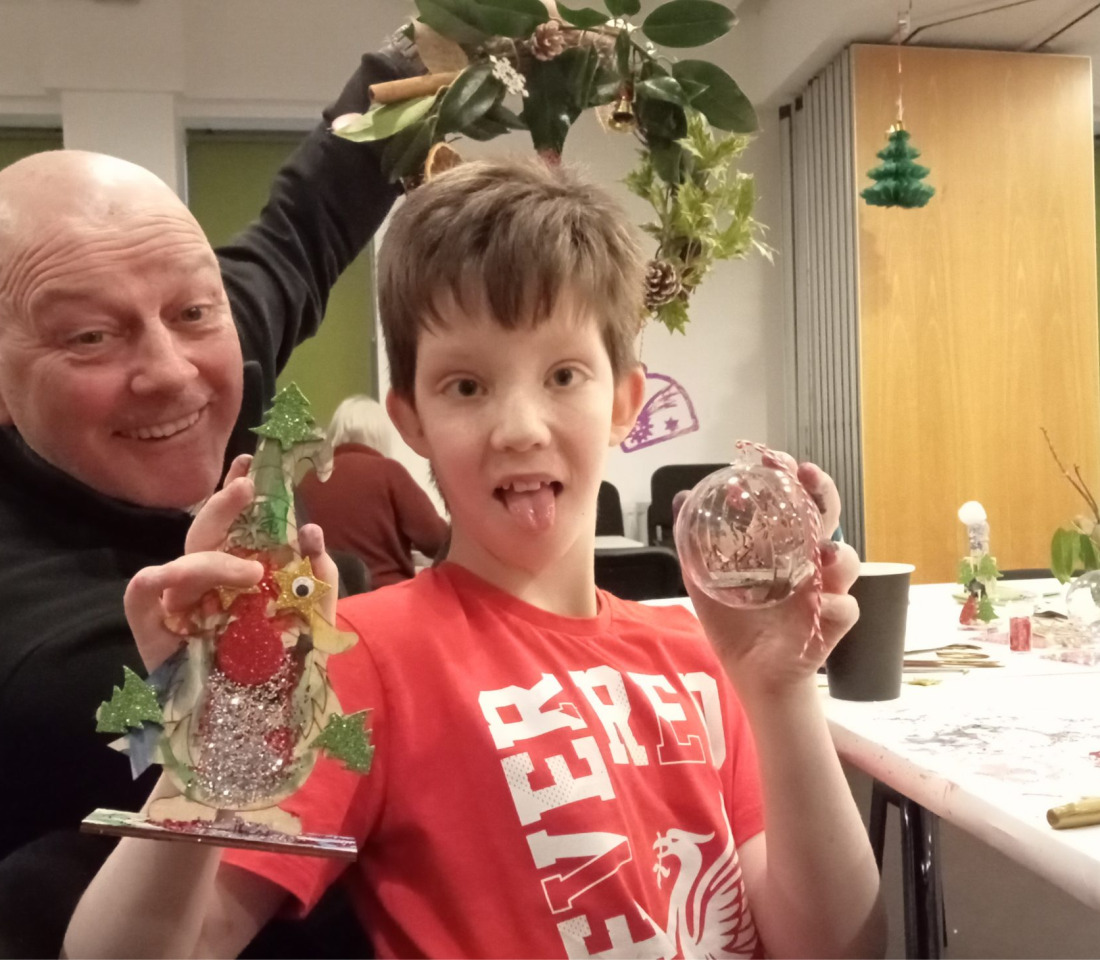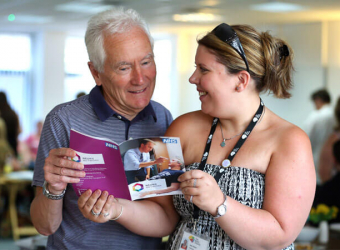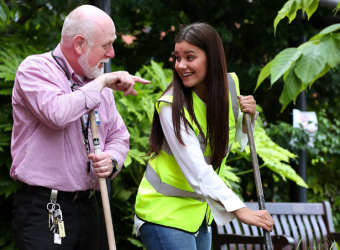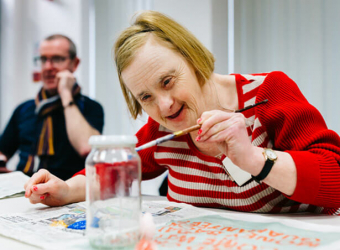What is paroxysmal dyskinesia?
Paroxysmal dyskinesia is a movement disorder in which a person experiences episodes of involuntary movements.
What causes paroxysmal dyskinesia?
Paroxysmal dyskinesia may be inherited. It has been associated with several genes including PRRT2, SLC2A1 and PKND.
It may also be acquired by secondary causes such as multiple sclerosis, cerebral palsy, metabolic disorders, physical trauma and cerebrovascular disease.
What are the symptoms of paroxysmal dyskinesia?
The involuntary movements experienced with paroxysmal dyskinesia may be:
- Dystonic movements. These are patterned and repetitive and involve twisting movements and abnormal postures.
- Ballistic movements. These are movements that affect the limbs.
- Choreic movements. These are brief and rapid and may resemble fidgeting.
- Athetoid movements. These are slow and continuous and mainly involve the hands.
















